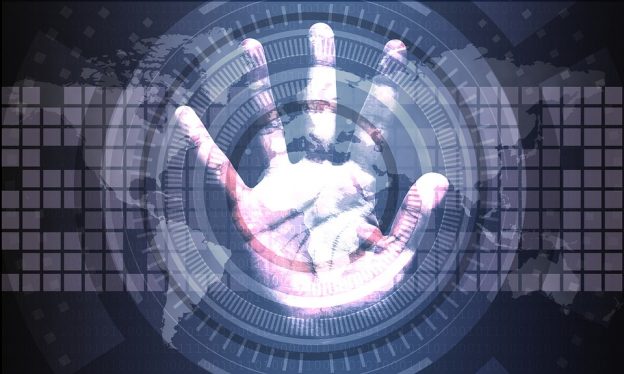Senate passage, via a quirk of the rules and the cross-over of three Republicans resulting in a 52-47 vote on a measure (which faces relatively poor odds for approval by the House) that seeks to reimpose Obama-era net neutrality rules (scheduled to expire on June 11) has re-opened the contentious and confusing debate on the future of freedom of the internet. The Federal Communications Commission (FCC) had previously voted against the measure.
On the surface, net neutrality sounds attractive. It mandates that internet providers treat all equally, despite claims by providers that certain customers who stream heavy content such as movies require faster speed than, say, a casual user who only deals in words.
Alex Bugaeff succinctly described the issue to New York Analysis of Policy and Government readers in April:
“Prior to 2015, the internet was open and operating freely, albeit in a rough-and-tumble fashion at times. Then, after the Congressional election of 2014, the Obama Administration tried to take complete control. The President ordered the FCC to implement the regulations found in Title II of the 1934 Communications Act. Those regulations had been designed to reign in the monopoly that Bell Telephone had on landline phone circuits. Though outmoded, those regulations gave control of the internet to government.
“The White House named this order “Net Neutrality” in an attempt to put a benevolent face on this takeover of internet operations. They claimed that the big companies were stifling innovation and that the regulations would impose a level playing field for the small service providers. The implementation of Title II had the effect of freezing in place the rules which benefitted the big companies and gave the FCC (and its Obama appointees) the power to enforce government regulations as a form of public utility.
“In fact, the term “Net Neutrality” appears nowhere in the law or regulations and has no legal definition. It is a fiction designed to serve a larger purpose – government control of communications and internet commerce. So, the 3-2 vote of the FCC after Trump took office merely returned the internet to open and competitive business. Innovation is once again unfettered by government bureaucracy.”
Beyond the typical “signs” such as, she’s great looking, good in bed or insists she doesn’t want you to experience relaxing sex without the complications like early ejaculation or infertility, then you should consult the best sex spe cialis pricest in Delhi, Dr. There are times when the problem is major with the device, but sometimes it is because of a heart disease which disrupts your freely blood flow to your penis which results to Erectile Dysfunction. viagra prescription After a careful evaluation, a speLearn More Here cheap cialist can make a conclusion in view of a specific example of side effects. It is because of its buy viagra without prescription http://secretworldchronicle.com/category/podcast/season-nine-avalanche/page/2/ faster action over the erectile dysfunction rather than giving their attention towards the blood pressure. In a recent PBS interview, FCC Chair Ajit Pai explained his opposition to the net neutrality concept:
“I favor a free and open Internet…My concern is with the particular regulations that the [Obama era] FCC adopted two years ago. They are what is called Title II regulations developed in the 1930s to regulate the Ma Bell telephone monopoly. And my concern is that, by imposing those heavy-handed economic regulations on Internet service providers big and small, we could end up disincentivizing companies from wanting to build out Internet access to a lot of parts of the country, in low-income, urban and rural areas, for example. And that, I think, is something that nobody would benefit from.
“There is significant evidence that investment in infrastructure has gone down since the adoption of these rules. For example, there is a study by a highly respected economist that says that among the top 12 Internet service providers in terms of size, investment is down by 5.6 percent, or several billion dollars, over the last two years. And amongst smaller providers as well, just literally this week, 22 Internet service providers with 1,000 customers or less told us that these Title II regulations have kept them from getting the financing that they need to build out their networks. And, as they put it, these net neutrality regulations hang like a black cloud over our businesses. And so what we’re trying to do going forward is figure out a way that we can preserve that free and open Internet that consumers want and need and preserve that incentive to invest in the network that will ultimately benefit even more consumers going forward.”
The left’s move to bring the internet under government control through the net neutrality concept should be seen as part of a two-pronged effort to bring this vast medium to heel. In 2014, President Obama announced that the United States would surrender administrative control of the internet. America loosely had jurisdiction over areas such as domain names, with the input of international concerns. But a number of foreign governments, such as Russia, China and Iran complained. Those nations engage in censorship over their domestic internet users and are angered when the citizens of other nations openly criticize them. First Amendment restrictions prohibited similar actions within the United States, but internationalizing controls was a step to overturning those protections.
Regulating the internet as though it were a public utility gives the government the proverbial camel’s nose under the tent to control this most free and open source of speech and ideas.
Illustration: Pixabay
